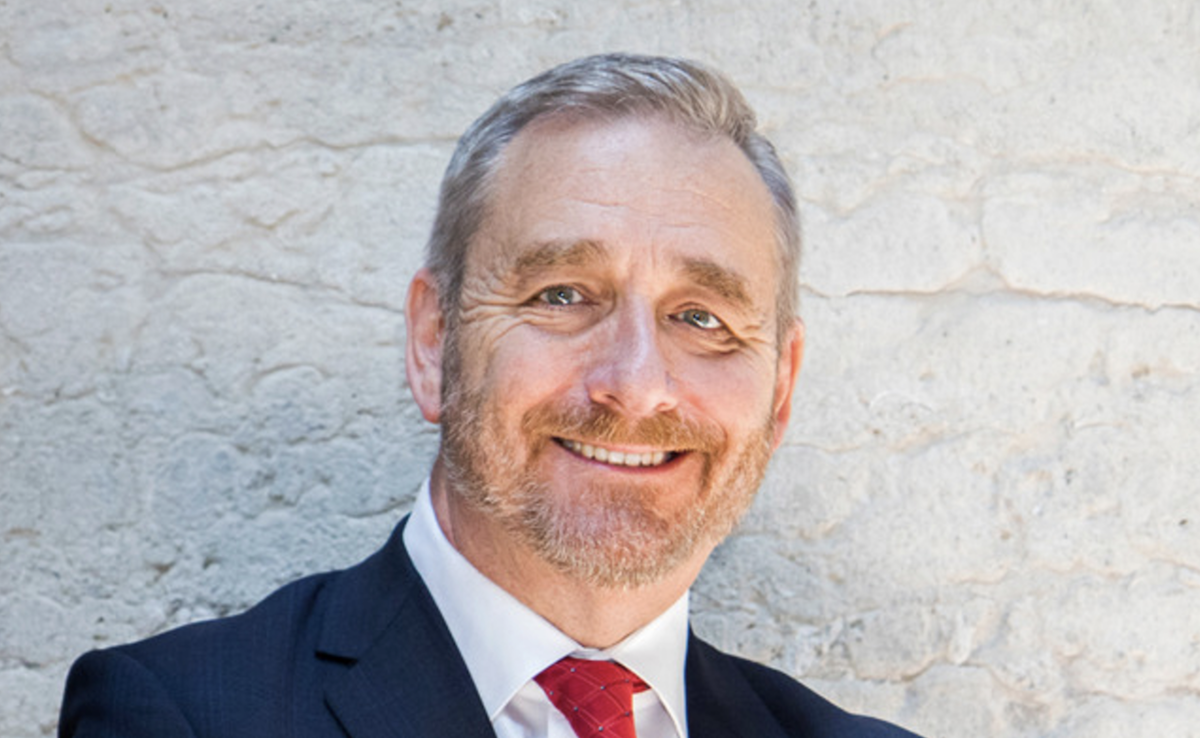Doug Casey on Why He Lives in Uruguay
by Doug Casey, International Man:

Editor’s Note: Doug Casey lives in Uruguay… but have you ever wondered why?
Most people don’t know much about the country. So when Casey Daily Dispatch editor Justin Spittler visited Doug at his Uruguayan ranch, he decided to get the scoop…
Justin: So, Doug. Why Uruguay?
Doug: Well, Uruguay used to be known as the “Switzerland of South America.” It once had the most free-market banking and financial infrastructures, and excellent privacy. It was once very desirable from that point of view. All the Latin Americans used it as a tax haven and a money refuge. It still clings to remnants of that reputation.
Uruguay is also a small country. It is about the size of Missouri. Its population is around 3.5 million people. Small is good, especially when the financial industry is a big part of the local economy. To me, small is attractive…
It’s quiet and backward. When I first visited in 1980, I thought I was stepping back into the 1930s—I kid you not.
Geographically, the place is like Julius Caesar’s Gaul. It’s divided into three parts.
One part is Montevideo, the capital. It’s home to a million people, and the center of economic activity—such as it is. It’s got some upmarket areas, but it’s a dump for the most part.
Then there’s Punta del Este, a beach resort town. Packed in the “season,” from Christmas to February 1, but very very quiet the rest of the year. That’s where the rich live.
Then, the third part, is the endless pampas in the country’s interior—just farmland. There’s really nothing of interest once you leave Punta and the beach resorts. The country is like Kansas with a sea coast.
On the bright side, there are some interesting, rich, sophisticated people that live around Punta. Many of them are Argentines that moved across the border for tax or political reasons. Some people moved here simply because it’s a pleasant and quiet, albeit backward, little country. I guess that’s my excuse for spending time here. Great place to catch up on reading, research, and writing.
I like it. But outside of the “season” it’s quiet. You have to amuse yourself.
Justin: It seems relatively safe, though.
Doug: Yes, it’s also a very low-crime location. In South America, the high-crime countries have always been Brazil and Colombia. Now add Venezuela—Colombia is improving rapidly. The low-crime countries have always been Argentina, Uruguay, and Chile.
Plus, Uruguay is also, along with Chile, the least corrupt country in South America. You don’t dare try to bribe a cop here. That’s out of the question.
In Argentina, which is just across the River Plate, it’s different story. I did an interview a couple years ago called “Make Corruption Your Friend.” I promise you, it’s worth reading. [Editor’s note: You can read both parts of Doug’s interview here and here.]
The culture in Uruguay is quite different from that in both Brazil and Argentina. I spend a lot of time in Argentina, as you know. Argentina is much more vital, sophisticated, and fun. Generally much cheaper, as well. If I had to choose one country in Latin America, there’s no question it would be Argentina… but I don’t have to choose just one.
All these countries typically have three-month visas. So, if you want to spend serious time in this part of the world, it helps to have a crib in another country in the region. It allows you to split up your time conveniently. It’s much easier, physically, to get to Uruguay from Argentina than to Brazil, Chile, or Paraguay.
Uruguay used to have very simple and easy requirements to become a citizen. You hardly had to even be here. But they’ve tightened that up considerably. It takes three years, and you must be present at least a day every four months.
Paraguay, on the other hand, is much more like Uruguay used to be. In fact, it’s much better than Uruguay used to be. You only basically need to visit Paraguay once to get your permanent residency permit. You then can come back three years later, take a simple test, and you can become a citizen.
Justin: Is it expensive to do this?
Doug: No. I mean you’re going to want to pay a lawyer or somebody like that to fix everything up. You’re not going to want to try to navigate the government offices there by yourself. A proper lawyer will bring all the government officials to you in his office. It might cost $5,000, all in, to become a Paraguay citizen—plus three years of time.
It used to be this easy in Uruguay. But, unfortunately, there were scandals.
Justin: Are you a resident of Uruguay?
Doug: Yes, I have official residence here. There’s no reason not to. They have no tax on income earned abroad.
This country, along with Sweden and New Zealand, was the first socialist country in the world. Fabian, or democratic socialism. Welfare state socialism. It’s not brutal, like most other types of socialism, but it’s still very corrosive to the human spirit.
Uruguay is not a place to do business. That’s out of the question. The place is anti-entrepreneurial.
Read More @ InternationalMan.com



